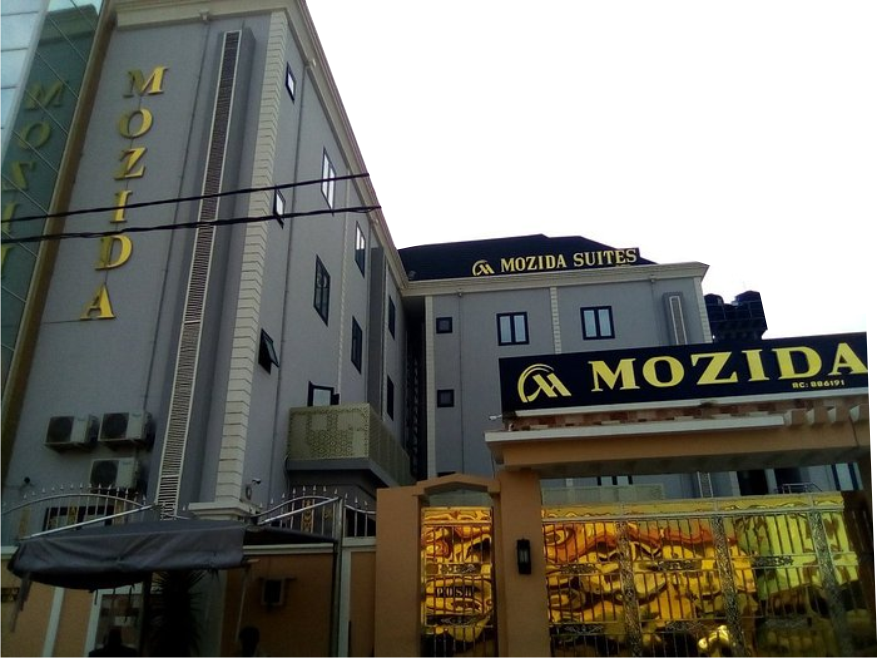
BY GODWIN OBI
A powerful wave of protests calling for the release of detained IPOB leader Nnamdi Kanu swept across Abuja and the South-East on Monday, crippling commercial activities, grounding transport, and drawing massive security deployments in the nation’s capital.
The demonstrations—organised by activist and former presidential candidate Omoyele Sowore, leader of the #RevolutionNow movement—triggered a citywide lockdown in the Federal Capital Territory (FCT) and renewed tension in several South-East states, where markets, schools, and banks shut down in solidarity.
Tear Gas and Tension in Abuja
In Abuja, protesters gathered around Unity Fountain and adjoining areas, chanting solidarity songs and demanding Kanu’s immediate release. But their rally was quickly met with a heavy show of force.
Armed security operatives fired multiple rounds of tear gas, blocked access roads to the Three Arms Zone, and stationed armoured vehicles near Aso Rock, the National Assembly, and the Supreme Court.
Frontline Reporters observed that Yakubu Gowon Crescent in Asokoro and adjoining streets were barricaded by security trucks, while federal civil servants were temporarily barred from entering major ministries. Traffic gridlock paralysed movement across the city.
By dawn, combined teams of soldiers, police, and DSS operatives had taken positions at strategic locations. Stop-and-search operations intensified, and some civil servants—even with Villa entry tags—were turned back.
Commuters from Nyanya, Karu, Mararaba, and Masaka endured hours of delay, while other key routes, including Airport Road and Bwari Axis, were sealed off.
The protests, organisers said, were to demand compliance with court rulings ordering Kanu’s release. The IPOB leader, arrested in Kenya and repatriated to Nigeria in 2021, remains in DSS custody despite multiple court orders granting him bail.
Police Defend Clampdown
Defending the police response, the Force Public Relations Officer, Benjamin Hundeyin, told Channels Television that officers acted lawfully and in line with a court order restricting protests near critical government zones.
“We received a valid order from the Federal High Court barring protests around the Aso Villa, Supreme Court, National Assembly, Eagle Square, and Shehu Shagari Way,” Hundeyin said.
“Our officers used only minimal force and tear gas to maintain law and order. No live ammunition was fired.”
Hundeyin maintained that the action was to protect national assets and prevent a repeat of violent incidents from past demonstrations.
NSCDC Condemns Protest at Headquarters
The Nigeria Security and Civil Defence Corps (NSCDC) also confirmed an early-morning protest at its headquarters in Abuja, which it described as “an anti-government demonstration disguised as a campaign for justice.”
NSCDC spokesperson Afolabi Babawale said the Corps had deployed operatives nationwide to prevent a breakdown of order and protect critical infrastructure.
“As much as citizens have the right to peaceful gathering, such rights must be exercised within the law,” Babawale stated, warning that offenders would face prosecution.
Southeast on Lockdown
The protest’s ripple effect was felt most in the South-East, where major cities — Aba, Umuahia, Onitsha, Enugu, and Owerri — came to a standstill. Markets, banks, schools, and transport services shut down completely, with residents observing a self-imposed sit-at-home in solidarity.
In Abia State, supporters of the Biafra movement marched through Umuahia city centre, singing freedom songs and demanding Kanu’s release. Igbo leaders also appealed for dialogue.
The President-General of the Igbo Vanguard Group, James Uchegbuo, told Frontline Reporters that freeing Kanu would restore peace and confidence in the region.
“This is not defiance; it is a plea for justice and equity. Peace and reconciliation are essential for rebuilding trust,” Uchegbuo said.
In Anambra, residents again observed a Monday lockdown, despite IPOB’s earlier cancellation of the practice. The Commissioner of Police, Ikioye Orutugu, commended residents for maintaining peace, assuring that security would remain tight to deter violence.
A market leader in Onitsha Main Market said traders deliberately stayed home “in solidarity with the Abuja protesters,” while residents like Jude Uzor described the action as “a message to the government that justice cannot be silenced.”
In Ebonyi, although no street demonstrations occurred, businesses, banks, and schools were shut. Roads were deserted as security patrols combed major routes.
Similarly, in Ondo State, Igbo traders closed their shops in solidarity. Along Akure’s commercial corridors—Oyemekun, Adesida, and Arakale Roads—stores owned by southeasterners were locked up.
Trader Nkechi, speaking to Frontline Reporters, said:
“If we can’t join them in Abuja, we’ll show support from here. Tinubu should release him; keeping him detained for years is unjust.”
Nation on Edge
Monday’s protest underscores the rising tension surrounding Nnamdi Kanu’s continued detention, a matter that has polarised public opinion and reignited calls for dialogue between the Federal Government and Southeast leaders.
With renewed street actions and widespread compliance across the region, the #FreeNnamdiKanu movement appears to have regained momentum—challenging the government to balance national security concerns with the demands for justice and rule of law.
ADVERTISEMENTS
















